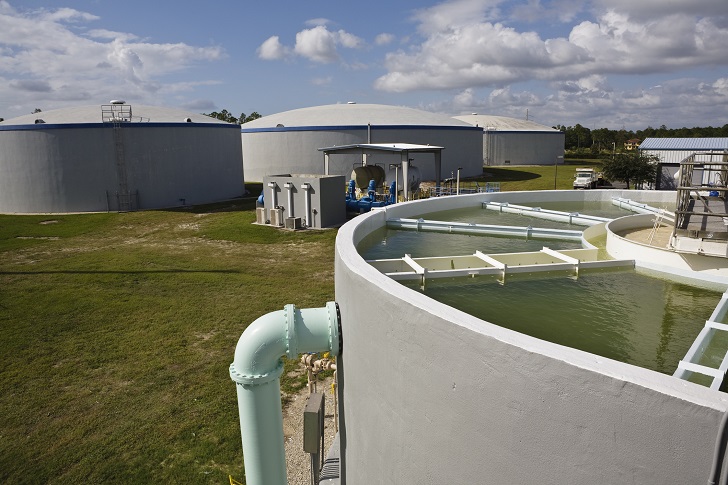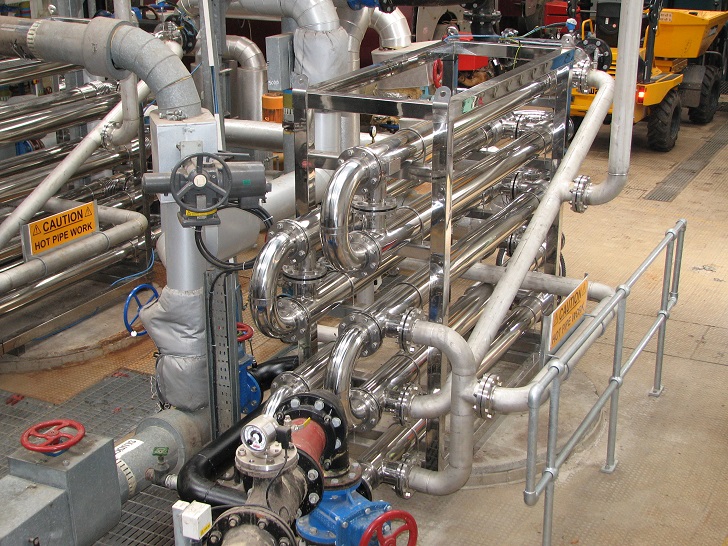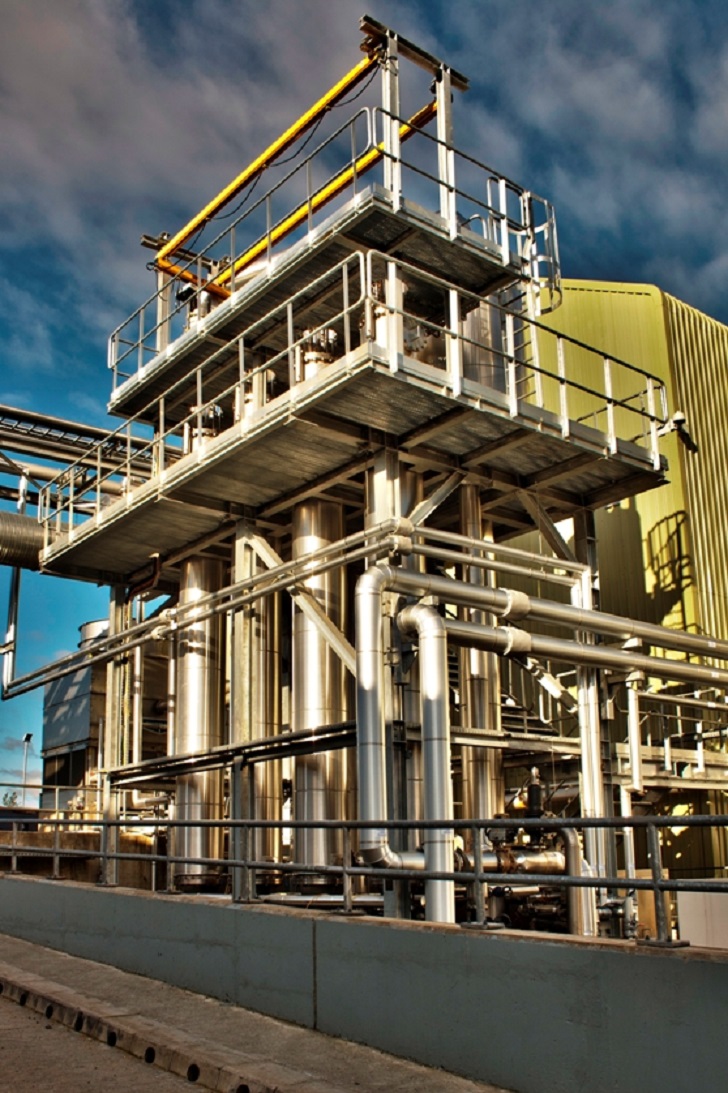


The water industry in England and Wales is almost a year into the current Asset Management Period (AMP7) which determines prices, management priorities and infrastructure investment until March 2025. Here we examine how water companies should prioritise spending and investment in the light of Covid-19.
Normally this stage of the AMP five-year cycle would be marked by a step-up in investment and engineering activity as capital projects are approved and construction begins. However, with the global Covid-19 pandemic coinciding with the start of AMP7, what is the current state of play?
Asset Management Periods (AMPs) were introduced following the privatisation of the water industry in the UK. The five-year time frame is designed to allow the regulator to review prices and evaluate key performance indicators (KPIs), while providing structure for the water companies to meet the priorities set out by the regulator and government. As a result, not only do AMPs set allowable price increases, but water companies align their contract and investment framework to the same timetable.
AMPs last for five years and begin on the 1 April, with the corresponding Price Review (PR) carried out by the regulator in the preceding year. The current PR19 and AMP7 took effect on 1 April 2020 and run until 31 March 2025. Four water companies: Anglian, Bristol, Northumbrian and Yorkshire appealed their PR19 determinations to the Competition and Markets Authority (CMA), although the investment priorities under AMP7 will not be affected by the outcome of any appeals’ process.
Boom & bust The cyclical nature of the AMP model leads to a ‘boom and bust’ cycle of investment which repeats every five years. Within these five-year periods, spending peaks are typically during the central 12-18 months of the period before tailing off again, with activity resembling a typical bell curve. To try to overcome some of these peaks and troughs in activity, at the beginning of AMP6, the Cyclicality Working Group was formed.
This brought together the regulator Ofwat, the water companies, trade unions and supply chain workers to try to find solutions to this ‘boom & bust’ cycle of investment, although the initial optimism seen in 2014 appears to have evaporated long ago.
AMP7 focuses on several priorities, including ensuring the long-term resilience of both infrastructure and operations, and has a total approved budget around £50 billion, representing a 13% increase on AMP6. Another area of focus is the environment, with proposals designed to improve the quality of 8,000 km of rivers and reduce the number of serious pollution incidents by 90% by 2025.
Ofwat has said that it wants to see significant changes in the way that water companies engage with their customers, and PR19 requires companies to improve customer service while also reducing prices. It requires the water companies to deliver outcomes that customers and society value at a price they are “willing to pay.” To measure this, Ofwat has introduced 14 performance commitments (PCs) which will allow it to compare the performance of different companies using a common methodology across the sector, to ensure that they continue to manage their assets well and for the future, with long-term strategies not just for water supply, but also for drainage.
The regulator is also taking a more in-depth and holistic view of environmental performance, including financial, operational and corporate resilience. It will also consider areas such as environmental pressures, demographic change, changing customer behaviour, and climate change.
To deliver these sometimes-contradictory objectives, Ofwat has stressed the need for innovation and has encouraged the water sector to look to introduce best practice from other industries. As a result, one leading consultant to the industry has said: “Water companies will need to focus on getting the basics right.”
Covid-19 and AMP7 Normally, after 12 months the sector would be starting to see the results of planning and investment for the current AMP, with projects starting to take shape. However, Covid-19 has changed what is and is not possible.
In many cases, companies have refocused their efforts on maintaining water flows and sewerage systems and helping customers, while strategic longer-term investments are taking a back seat. Such behaviour is completely understandable and logical given the circumstances, particularly in view of potential changes in customer behaviour and monetary status, which will impact their ability to pay bills at both a domestic and industrial level.
Positives & negatives However, there may also be some unexpected positives. Reduced activity may reduce pressure on the system, reducing leaks or environmental pressures, both of which may make routine repair or upgrading systems easier to timetable. However, reduced activity will also impact on previous demand and growth projections for the current period. Plans which looked viable or essential at the planning stage of AMP7 may no longer be possible to justify.
This means that managers and planners in the water industry must adopt an increasingly flexible approach, and this should also be reflected in the projects which are taken forward, and the technology which is specified and used. Energy efficiency and system flexibility will be more important than ever, as will design features such as energy regeneration and low temperature evaporation. With the prospect of a longer-term economic recession increasing, the long-term costs and payback periods of projects will become more important in relation to upfront CapEx.
With 40 years’ experience, HRS Heat Exchangers have a wide range of heat exchangers and environmental systems for the water supply and wastewater sectors. The company’s corrugated tube technology improves efficiency, while its systems for handling sludge and digestate have proven to be reliable, long lasting and energy efficient.



